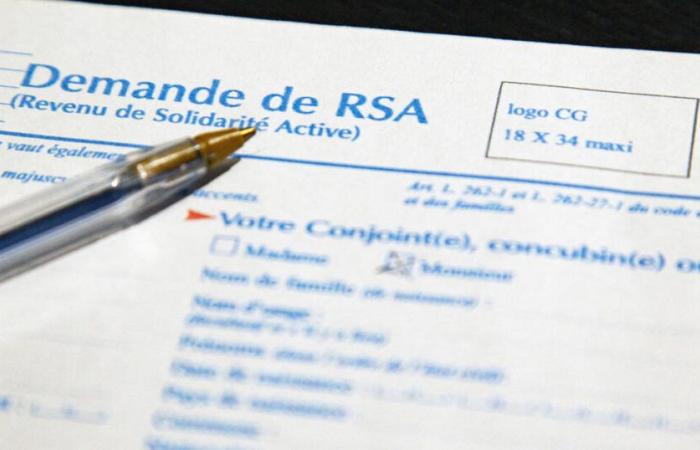
Solutions solidaires: initiatives
The president of the department details the system put in place so that those who have rights, but do not ask for them, end up obtaining them.
“We estimate that 35% of people eligible for RSA do not claim it. Concerning minimum old age allowancehalf of those who could qualify do not benefit from it either, even though they are eligible. explains Chaynesse Khirouni, president of the department of Meurthe-et-Moselle, and member of the Socialist Party. Based on this observation, the department launched the “Zero non-recourse territory” system to ensure that those who have rights but do not ask for them end up obtaining them.
This experiment and a call for projects were launched a little over a year ago. According to the president, several reasons explain these “non-recourse”. Firstly, the complexity of the procedures, apprehension about digital technology, illiteracy or even illiteracy… So many reasons to miss out on help. Fear of stigma and shame also come into play. Many beneficiaries say it this way: “I don't want to seem like a burden on society, I don't want to be a seeker and a beggar. Which they also sum up with: I didn't think I was entitled to anything. déroule Chaynesse Khirouni.
“People need a privileged and human relationship. So I decided to take the subject head on, continues the president of the departmental council. By promoting access to rights, we fight against poverty and exclusion, and we enable people to reintegrate. Solving housing and health problems, and for families to concentrate on the education of their children, this must concern all of society.» supports the president.
In Meurthe-et-Moselle, around 3,000 people are RSA beneficiaries. The poverty rate affects 15% of a population of some 750,000 inhabitants. “We do not yet have sufficient perspective on the operation, but we have already identified the need to work in partnership. For the greater Nancy metropolis, it’s ATD Fourth World. All family allowance funds, which have experience, are concerned. With one objective: to have a one-stop shop. We also worked with the teams to get them out of their offices. We are fighting against this fear of the social worker, who is sometimes seen as someone who will take their children away from them.”
And Chaynesse Khirouni concludes: “We asked the teams to shake up the way they worked. Each agreed to take a step towards the other by shaking up their methods and practices. It also involves re-examining their role. ATD helped us take a different look. We must favor support and orality. The institutional machine can be a labyrinth. It is up to the institutions to adapt to the procedures, not the beneficiaries. The goal is to succeed in achieving automatic rights.”





